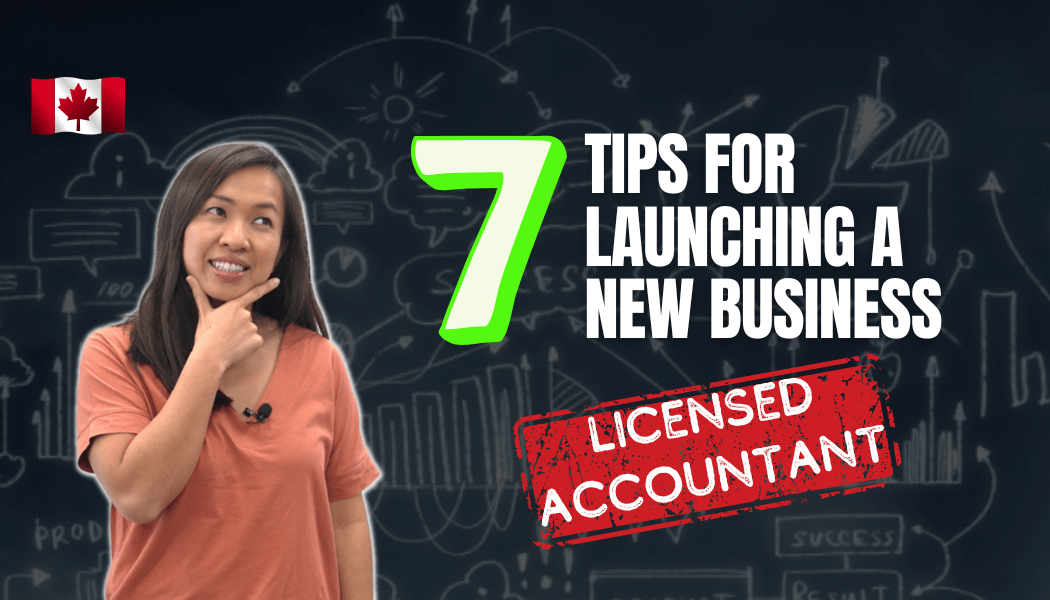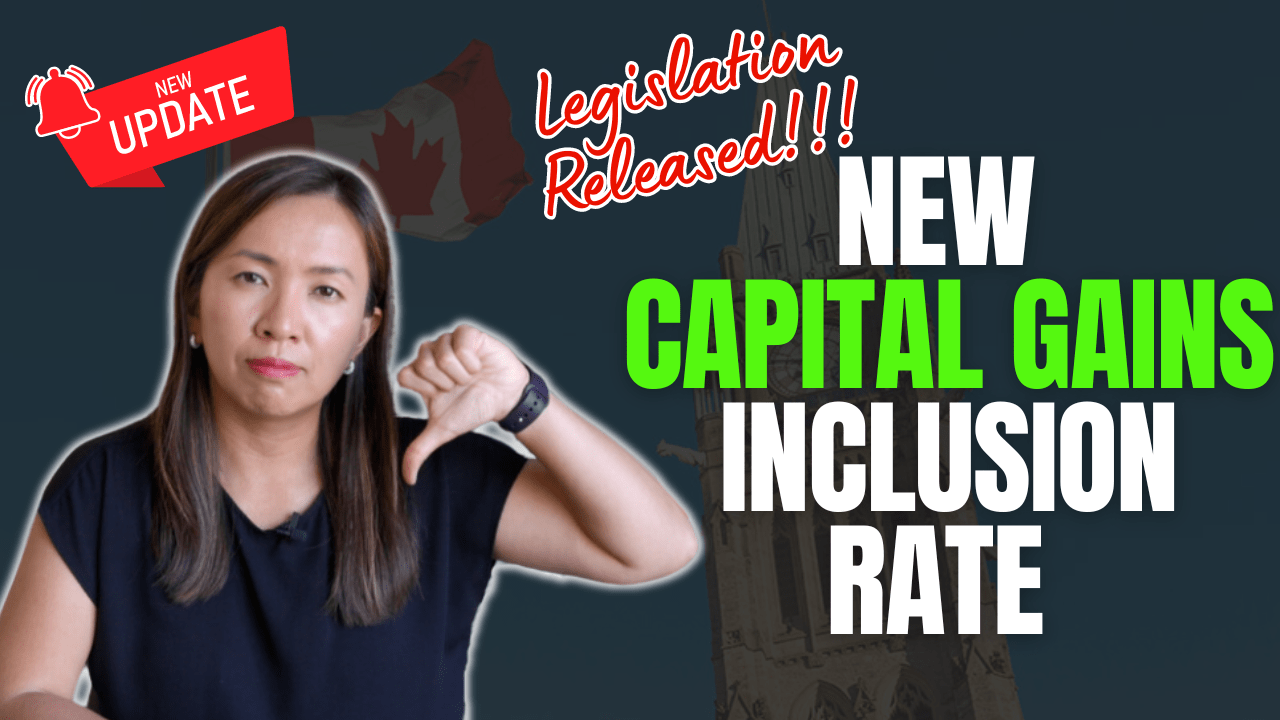When you first start your business, it’s difficult to see when you’ll make money.
A recent entrepreneur I spoke to had just started reporting net income for the first time after seven years in operation. As you can see, it’s not easy to start a business.
As an entrepreneur myself, I’ve been on this rollercoaster ride for 10 years. It hasn’t been an easy journey, especially when I first started out. At the time, I was in my late 20s and realized I wasn’t getting the job satisfaction that others were. I spent more time chit-chatting with colleagues at the company cafeteria than focusing on my work.
Instead of appreciating how cushy my job was, I quit and became self-employed. At the time, I was just shy of a six-figure salary and benefits.
In my first year, I spent $20K to purchase a small bookkeeping business and reported a net income of $30K, which was just enough to pay for my full-time nanny’s salary, but not the loan I had to pay for.
When my dad, also an entrepreneur, asked me how my business was, I was too embarrassed to tell him that I made a net income of $30K, which barely covered my kids’ caretakers’ salary.
My business has improved over the last 10 years, and I’ve picked up a few tricks to change my mindset and build my business.
If you’re interested in how I brought my business from the ground up, let me know. I’m more than happy to share my experience in entrepreneurship.
But today, I want to focus on the top 7 tips from a financial management and tax perspective that new entrepreneurs need to pay attention to.
1. Determine your tax structure
As the saying goes, it isn’t how much you make matters, it is how much you get to keep matters.
I’ve done numerous blogs explaining how personal tax system works in Canada.
Canadians are taxed on a progressive tax system, the more you earn, the more tax you have to pay.
Now, in Ontario, the highest marginal tax rate is 53.5%. Income you earn over $236K is taxed at 53.53%! Yikes! CRA gets to keep more than you do if your net income is over $236K
On the flip side, a Canadian private corporation that qualifies for the small business deduction can earn the income and pay as little as 12.2% for the first $500,000 net income inside the corporation.
If you are making good income from day 1, corporation can offer you a lot more tax planning opportunities.
The decision to choose a particular structure also rests on the type of business you operate. For example, if you are operating a restaurant or a construction company, you might be exposed to higher risk. What if people get sick from going to your restaurant? What if a random person walks into your construction site and gets hurt?
In Canada, unlike in the United States, you CANNOT choose to open a LLC, which allows you to have limited liability protection while reporting the income you earn from your business as your personal income.
The only way you can protect yourself is to set up a corporation. In Canada, corporation is considered a separate legal entity. It can provide you with legal protection against your personally owned assets.
I started out as a solopreneur, owned my business in my personal name. I have a small accounting business and not very many clients at the time. Chances of me being sued were very limited.
As I gradually grew my business, the need to minimize my tax increased, so I transferred my business to a corporation. I also set it up as a corporation to limit my down side risk.
The decision to own your business in your personal name or in a corporation goes back to the specific situation you are in. There’s no one size that fits all answers.
Make sure you consult with a qualified accountant – and our team is always happy to have the discussion with you if you need to.
2. Identify and understand your tax obligation
In Canada, if you run a small business, you can be subject to many different types of taxes.
If you earn gross income over $30,000, you can be required by CRA to collect something called HST on behalf of them in Ontario, depending on the type of business you are in.
If you sell primarily to overseas customers, you might not be required to pay HST.
If you sell baked goods, you might not be required to charge HST if you buy more than a dozen.
In some other provinces, your services or products that you sell may also require you to charge provincial tax. In the province of BC, as contractors, you’re required to charge PST on your invoice on top of the GST component as required by Canada Revenue Agency.
It can get quite complicated – best to consult with a qualified accountant to understand your situation so that you start on the right foot – as always, our team is more than happy to assist if you have questions. Simply contact us.
As a startup, generally speaking, your business would be an annual filer. Corporation has 3 months until after year-end to file their HST return. Sole proprietor has until June 15 of the following year to file his HST return, but payment is due April 30 to avoid any interest charge.
You might start off being an entrepreneur, but you might also be required to hire staff to help you out from day 1.
If you have a business that require you to hire employees, you are now required to withhold taxes, Canada Pension Plan as well as Employment Insurance from your staff pay. You are then required by the government to remit the withholding amount, together with the employer contribution, to CRA as a lump sum monthly.
You’re also required to file a T4 Summary of Remuneration Paid to CRA by February 28 of the following year to summarize the employees income individually and reconcile it back to what you have submitted as source deductions on a monthly basis.
It’s important to note that even if you own your business in the form of a corporation, if you owe any source deduction to CRA, they still have the right to go after the director of the corporation and make them personally liable for source deductions owed.
This is why it’s always important to remit your source deduction on time and file your T4 on time.
Lastly, depending on your business structure, the deadline to file your tax returns can be different.
If you own you small business in your personal name, the deadline to file your personal income tax return, which will also contain your business income and expenses, is due June 15 of the following year.
Income tax payable is due April 30 though.
If you own your business in a corporation, you’re required to select a year-end for the corporation. You can choose the year-end to be December 31, in which case it is the same as your personal tax return.
You can also choose a different date to be your corporation’s year end.
The Income Tax return and payable is driven by your corporation’s year-end date.
Generally speaking, income tax payable is due 3 months after corporation year-end, the tax return, however, is due 6 months after year-end.
It gets confusing, isn’t it?
Now that we cover the 3 major type of tax liabilities – don’t forget to follow the next step –
3. Register your business number, payroll source deduction numbers, and sales tax numbers
The moment that you decide to start a business and identify a need to register for HST account, source deduction account and corporation tax return business numbers, you might want to start setting things up from the beginning.
We’ve seen some of our clients completely forgot about registering for payroll source deduction account. At the end of the year, they told us that they hired some employees. We are now required to back date the registration for them.
We’ve also seen some of our clients not registering HST on time. Generally speaking, when you register for HST account, assuming your business is considered “taxable supplies” in the eyes of the Excise Tax Act, you are also eligible to claim the HST you pay to the vendors to offset against the HST you collect.
4. Setup dedicated bank accounts and credit cards
As a minimum, you should have one bank account setup so that all your business income and expenses would go through that bank account.
As a minimum, if you rely primarily on credit card to pay bills, you should also setup a dedicated credit card for all your business expenses.
If you have registered a business name, you can open your bank account using the business registration (instead of your personal name).
If you run your business through a corporation, you should open your bank accounting using the corporation’s name. Bank usually ask you to provide the Article of Incorporation and Business Number issued by CRA.
The reason why you want to have a dedicated bank account and credit card is to allow you to separate all your personal income & expenses from the business ones.
From a bookkeeping perspective, it allows you to track your finances a lot easier.
You can simply pass on your bank statements and credit card statement to your bookkeeper and they can get 80% to 90% of your books done using those two monthly statements
5. Setup your financial management system
I’m accountant and I am ashamed to tell you that I did not have this setup at the time when I started out.
I didn’t have a dedicated bank account setup to run through my income and expenses. I didn’t have a cash management system.
I didn’t know how much HST I would have to send to CRA – remember, when you first start out, generally speaking, you’re only required to file HST once a year. By the time I finish the year, I’ve also spent all my money. Had no ideas if I made money or not or if I still have my taxes to pay.
Don’t laugh. I’ve let that part of my business slide for at least 3 years before I sorted out a system to keep everything in place.
I didn’t keep up with my record keeping. I didn’t have KPI for myself. I didn’t know where the sales were coming in from. I didn’t know the kind of marketing strategy that produces the maximum result. I didn’t save money aside for taxes, or even reinvest to my business.
I just had no freaking clue, even though, I went to school for it. ☹
Looking back, I should have kept my books up to date.
Most people treat the record keeping as the unnecessary evil. They must just report to CRA.
The reality is that, the financial information from compiling the sales data, categorizing expenses that you incur can provide tons of valuable insights into your business.
It can help you set goals, find trends, improve your business, and help you make more money.
Now, our bookkeeping is done on a monthly basis. We review our actual financial data every 3 to 4 months (depending on the business we’re looking at). We compare our budget to actual one regularly to monitor any trends that would require us to potentially adjust our marketing plan, or hiring plan.
Financial management is the key to your business success.
6. Automation
When I first started out, I used QuickBooks Desktop.
That was the program of choice for many small business owners. I used it purely to issue invoices to my clients.
My clients would either send me money by email money transfer or pay me with a cheque.
I would have to go back to QuickBooks Desktop to mark it pay, accept the transfer or go to the bank to deposit the cheque.
Sometimes I remember to mark the invoice paid in QuickBooks Desktop, sometimes I don’t.
At the end of the year (remember I told you I sucked at keeping up with books), I would have to track down my inbox to identify and match up with what had been paid and what hadn’t been paid.
Not a great way to manage my business at all.
Over time, I discovered the use of various apps and automation available. I signed up for online accounting software, which also enables me to send out invoices and automate follow up email if the clients don’t pay on time, and it also allows me to collect via credit card online with a fee.
Now, in my business ecosystem, we use many different apps to make our lives easier. From signing the engagement letter to start the engagement to collection to reconciliation, we’re always out there looking for the latest and newest app to make our lives easier. We have an app for our Client Relationship Management, we have an app for our marketing, we have another app that helps us with source deduction and payroll, we have another app to track vacation, another one to issue payments to our suppliers…
You don’t have to start with something complicated. It can be as small as starting small, setting up a preauthorized debit to pay for your utilities bill or rent. The more you can automate, the more free time you would have to allow you to focus on building your business.
7. Keeping up with the cadence
You might hate keeping up with all the remittance and filing obligations you have to deal with.
You might hate doing bookkeeping.
You might not like answering your accountants’ and bookkeepers’ questions.
But those are all part of owning a business.
But you can also choose to flip a switch and use the opportunity to analyze your business’ health on a regular basis.
If you improve by 1% every day, you will be 37.78 times better by the end of the year.
(1.01)365 = 37.78
This means that if you make a small but consistent effort to improve yourself or your business every day, the cumulative effect of those improvements will be significant over time.
Wow, that was a long one.
Until next time, happy Canadian Real Estate Investing.
Cherry Chan, CPA, CA
Your Real Estate Tax Accountant





